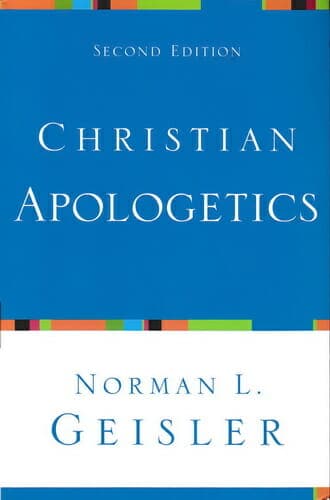Originally posted November 2015… swapped out media today
The Postmodernism of Jacques Derrida (1930-2004) and Paul-Michel Foucault (1926-84)
Postmodernism is often viewed as a reaction to modernism. Some see it as a form of extreme modernism. Basically, it is a radical kind of relativism that denies absolute truth, meaning, and interpretation.
Forerunners. The premodern world (before 1650) stressed metaphysics. The modern period (1650-1950) emphasized epistemology, and the postmodern (1950—present) is focused on hermeneutics. The differences have been expressed in terms of an umpire:
- Premodern umpire: “I call ’em like they are.”
- Modern umpire: “I call ’em like I see ’em.”
- Postmodern umpire: “They ain’t nothin’ till I call ’em.”
The forerunners of postmodernism include Hume’s radical empiricism, Kant’s agnosticism, Kierkegaard’s fideism, Nietzsche’s atheism, Frege’s conventionalism, Wittgenstein’s noncognitivism, Husserl’s phenomenologicalism, Heidegger’s existentialism, and William James’s pragmatism. The postmodernists Jacques Derrida and Paul-Michel Foucault added to this a form of deconstructionism, in which the reader deconstructs the meaning of the author and reconstructs his or her own meaning.
The Reaction to Modernism. Postmodernism can be seen as a reaction to modernism in the following ways:
|
Modernism Unity of thought |
Postmodernism
Diversity of thought |
The Result of Postmodernism. Postmodernism is an outworking of Nietzschian atheism. If there is no Absolute Mind (God), then there is
1. no absolute (objective) truth (epistemological relativism),
2. no absolute meaning (semantical relativism),
3. no absolute history (reconstructionism).
And if there is no Absolute Author, then there is
4. no absolute writing (textual relativism),
5. no absolute interpretation (hermeneutical relativism).
And if there is no Absolute Thinker, then
6. there is no absolute thought (philosophical relativism),
7. there are no absolute laws of thought (antifoundationalism).
If there is no Absolute Purposer, then there is
8. no absolute purpose (teleological relativism).
If there is no Absolute Good, then there is
9. no absolute right or wrong (moral relativism).
In brief, postmodernism is a form of total relativism and subjectivism. At its base, it is a form of antifoundationalism. Foundationalism stressed
1. Law of Existence: “Being is” (i.e., something exists);
2. Law of Identity: “Being is being” (B is B);
3. Law of Noncontradiction: “Being is not nonbeing” (B is not non-B);
4. Law of Excluded Middle: “Either Being or nonbeing” (Either B or non-B);
5. Law of Causality: “nonbeing cannot cause being” (Non-B–/–>being),
6. Law of Analogy: “An effect is similar to its efficient cause” (B—->b).
As antifoundationalist, postmodernism rejects these basic principles of thought. With them it also rejects the correspondence view of truth—that all true statements correspond to reality. Without this foundation and correspondence, one is left in complete agnosticism.
Norman L. Geisler, Christian Apologetics, 2nd Edition (Grand Rapids, MI: Baker Books, 2013), 9-10.
Dr. Norman Geisler discusses how the postmodern culture destroys the ability to evangelize (if believed). *My Vimeo account was terminated; this is a recovered audio from it. (Some will be many years old, as is the case with this audio.)